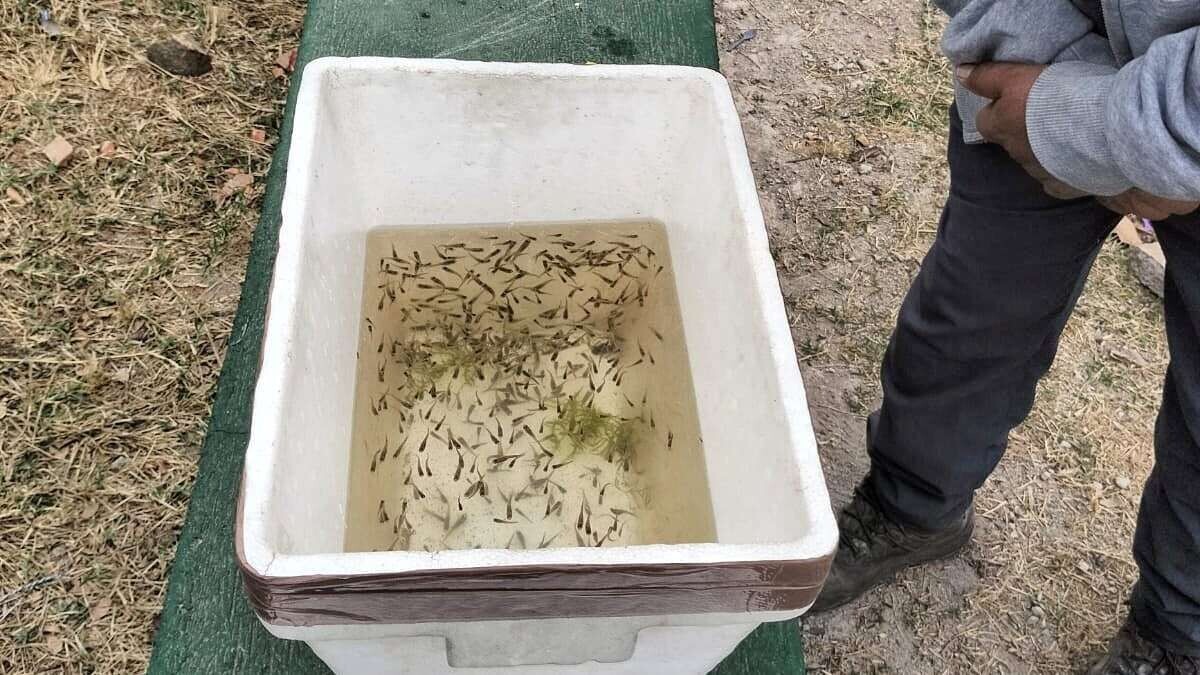
The Jalisco Secretary of Health (SSJ) carried out a biological control strategy for the dengue-transmitting mosquito in the municipality of Tlajomulco de Zúñiga. In the indigenous community of Sergio Barrios, more than 100 Guppy fish were placed in a community water storage tank as a preventive measure.
According to the World Health Organization (WHO), this strategy is based on the introduction of organisms that prey on the populations of the species that are intended to be controlled. In this case, guppies are effective against Aedes aegypti mosquitoes in their immature larval stages.
It is important to consider some recommendations when implementing this preventive method. The fish are placed in wells, pools, or containers with clean water, avoiding the use of chlorine or larvicides in the area. Additionally, it is advised not to feed the fish so they can feed on the mosquito larvae.
The SSJ emphasizes that this strategy is ecological, effective, low-cost, and easy to maintain. Guppies adapt well to various water conditions, and their reproduction is rapid, facilitating their distribution in communities. They can be used in clean water deposits and in places where mosquitoes are likely to lay their eggs.
The controlled introduction of these larvivorous fish in areas vulnerable to the proliferation of Aedes aegypti mosquitoes is a preventive and sustainable measure in the fight against dengue, highlighting the importance of informing and educating the population about this community strategy.














